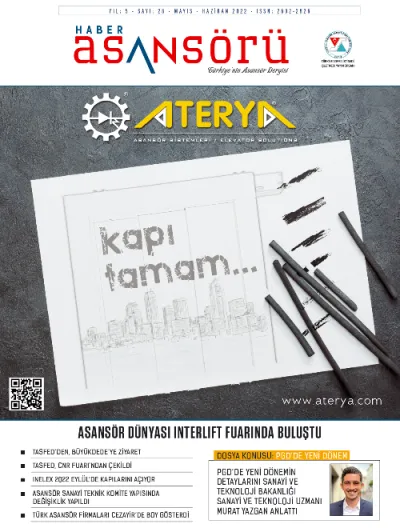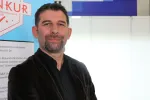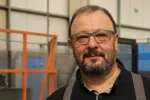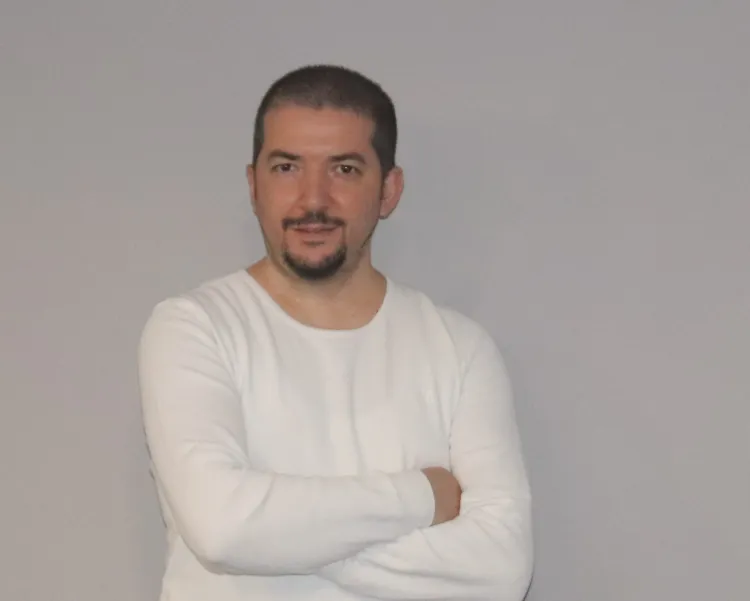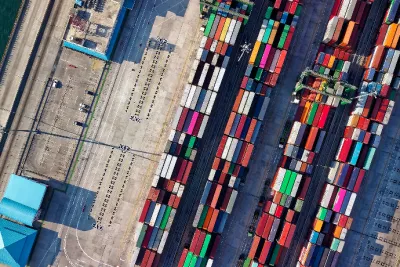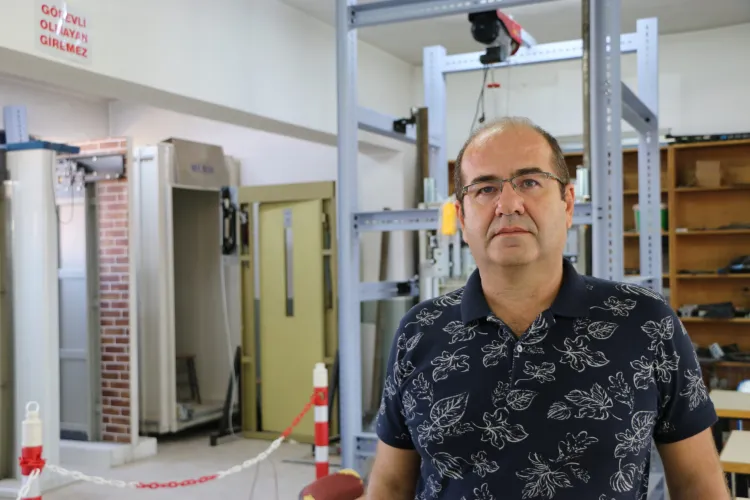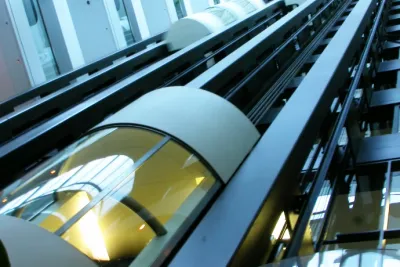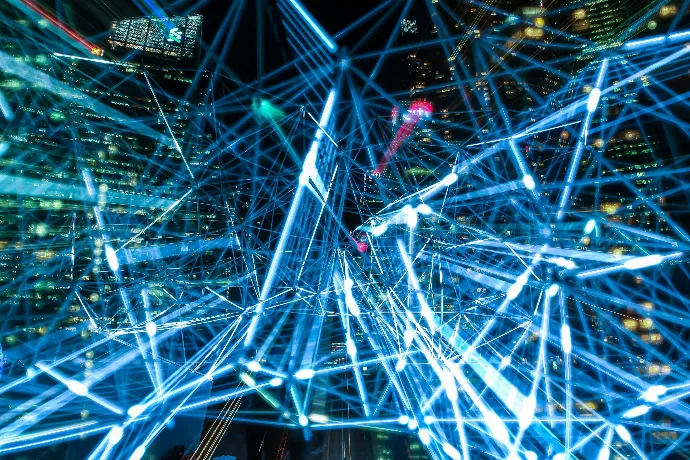
COMPETENCIES OF THE FUTURE
RASIME SAZAK
Today, we have a world where global competition is intense, technological innovations and transformations are experienced rapidly, challenging problems such as the decrease of natural resources and environmental pollution are experienced. In today's world, while the way of doing business, professions and production structures are changing, the person at the centre of all change is also changing.
What is Competence?
Attitudes, Knowledge, Skills
Competence is directly related to the performance of the person at work, which affects a significant part of her/his role and responsibilities at work.
Today, employees need the skill-knowledge-attitude harmonies much more in order to be successful. Especially considering the impact of artificial intelligence on employment in the future, the weights of the role of human and machine will also change in the future. For companies, there are strategies for acquiring new skills and where human capital is as important as adapting to the technological development.
Therefore, both employees and employers should focus on competencies in order to make a difference.
While the change is so fast, the competencies required for the business world are also different. A job position can come to a completely different point in the last five years, different competencies may be required from the candidates sought for this position.
BUSINESS WORLD COMPETENCIES OF THE FUTURE
The Future of Jobs 2020 report published by the World Economic Forum (WEF) is a research that gives an idea about the future by taking into account the global developments in the world.
|
2015 |
2020 |
2025 |
|
Complex Problem Solving |
Complex Problem Solving |
Complex Problem Solving |
|
Coordinating with Others |
Coordinating with Others |
Leadership and Social Influence |
|
People Management |
People Management |
Thinking Analytical and Being Innovative |
|
Critical Thinking |
Critical Thinking |
Critical Thinking and Analysis |
|
Negotiation Ability |
Negotiation Management |
Active Learning and Teaching Technologies |
|
Quality Control |
Cognitive Flexibility |
Technology Use, Review and Control |
|
Service Management |
Service Management |
Technology Design and Programming |
|
Decision Making |
Decision Making |
Reasoning and Ideation |
|
Active Listening |
Emotional intelligence |
Endurance, Stress Tolerance and Resilience |
|
Creativity |
Creativity |
Creativity, Originality and Entrepreneurship |
By 2025, it will disrupt 85 million jobs in medium and large enterprises due to new job sharing between humans and automation/machines in 15 sectors in 26 countries surveyed.
According to the report; while the disappearance of existing jobs is following a rapid course, the formation of new jobs/occupations is progressing slowly. By 2025, with the decrease of existing occupations, the workforce will decrease from 15.4% to 9% and emerging occupations will grow from 7.8% to 13.5%. It is stated that the "robot revolution" will create 97 million jobs worldwide, but it will destroy at least as many jobs and put some communities at risk.
In the next five years, approximately 50% of the employees need to acquire new competencies and renew themselves.
IT IS NOT ENOUGH TO HAVE KNOWLEDGE AND SKILLS!
In order to be ready for the future, it is inevitable for individuals to have skills such as creative thinking, developing new products and services, offering new jobs and new business models. In addition, collaborations and teamwork are of great importance for the development of innovation. Things that individuals, institutions and societies cannot achieve alone can be solved not with competition, but with the synergy created by cooperation.
The concept of competence means more than just the acquisition of knowledge and skills; knowledge, skills and attitudes need to be mobilized.
For this, skills that are constantly learning, curious, open-minded, able to create value with their ideas, open to cooperation and compatible are required.
THE TECHNOLOGICAL PRODUCTS WE USED TODAY WERE YESTERDAY'S DREAM
Curiosity and imagination are sources of new knowledge and action. Being curious as a child is the most enjoyable and productive way to acquire new knowledge. Curiosity provides knowledge, and knowledge provides the power to do.
The world's first submarine "Tahtelbahir", built by Sultan Ahmet III during the Ottoman period, was also a product of imagination and curiosity. The shipyard Chief Architect İbrahim Efendi designed this object, which the public saw for the first time at a feast in 1719. 4-5 people could fit into the object that could dive into the water for hours. This object, which was built in 1719 and called "Tahtelbahir", went down in history as the world's first submarine.
In the next five years, approximately 50% of the employees need to acquire new competencies and renew themselves.
https://www3.weforum.org/docs/WEF_Future_of_Jobs_2020.pdf




